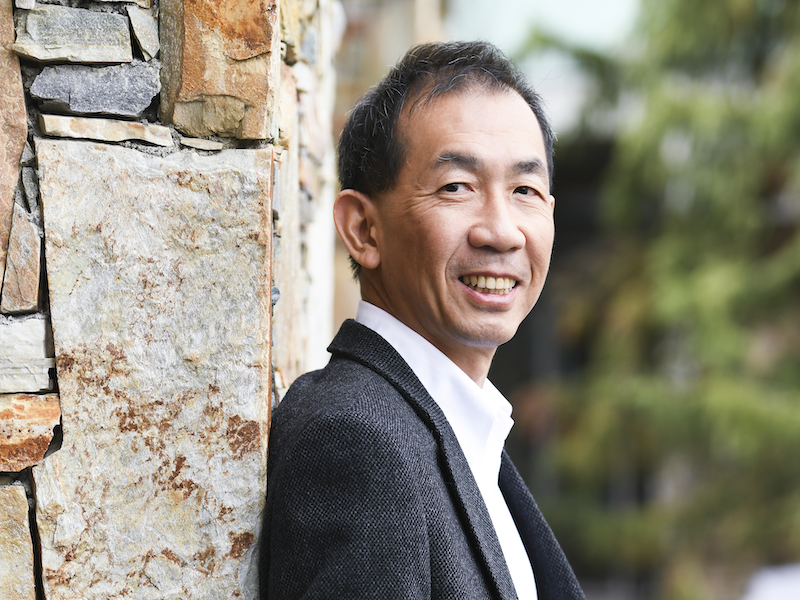
In December 2021, Simon Fraser University announced the global equity portfolios for its non-pension related funds — valued at $450 million — would divest from fossil fuel producers.
Four months later, the three members of its treasury team, which is led by Jacky Shen, treasurer and director of investment at the university, announced it had reached that target. During a session at the Canadian Investment Review’s 2023 Global Investment Conference, he explained how they were able to meet the tight deadline.
“[Simon Frasier University] was an early adopter of responsible investing. In 2014, we established our responsible investment committee and the first draft of our responsible investment policy based on the [United Nations’] principles of responsible investing.”
Read: 2021 GIC coverage: Cutting through the ESG greenwash
This committee, which is responsible for helping guide the university’s investment portfolios’ environmental, social and governance integration, continues to play a vital role in preparing the investment team for the eventual divestment of the non-pension related portfolios, noted Shen.
In 2015, it began exploring strategies to de-carbonize the university’s endowment portfolio and, through consultations with asset managers, subject matter experts, an external consultant and Shen’s team, settled on adopting carbon reduction targets. “We’ve enhanced the target a few times along the way.”
To establish that baseline figure, Shen and his colleagues leveraged public resources, including indexes covering the carbon footprint of global equity businesses. They also set about ensuring the funds’ asset managers were well-versed in the philosophy behind the responsible investing strategy.
Today, SFU works with six investment managers on the public equity side. While one, which is responsible for socially responsible investment, uses both a positive and negative screen in its investment process, the other five just use negative screenings. “We like to engage managers who recognize the importance of the ESG, but that isn’t to say we like to invest in only so-called ESG strategies,” he said.
Read: 2022 IIC coverage: Identifying emerging opportunities in ESG investing
These efforts didn’t come at the cost of returns. During the divestment period for the global equity portfolio in 2021 and 2022, the investment team was aware that its asset mix wasn’t too reliant on fossil fuels but conducted a review. “Our historical data was used to simulate taking out all the fossil fuel holdings from our inception until now. . . . The exercise indicated that the return would be very slightly higher without them — and less volatile.”
The historical record proved a good predictor of future results. Since 2014, Simon Fraser’s investment team consistently outperformed its five-year and 10-year benchmark. But in the past two quarters, it has ranked within the top 10 per cent of the Canadian university investment funds, according to Shen.
With the divestment of its global equities portfolios, the university also reached its latest target from the committee — to cut its total portfolio carbon footprint by 45 per cent of its 2016 baseline by 2025.
Going forward, Shen said he’s optimistic this won’t hold back Simon Fraser’s overall investment performance. “We think that we can fit in the divestment requirement without sacrificing the investment consideration. In our experience with high conviction managers, they find fossil fuels aren’t necessarily the best selections. . . . They don’t have any pricing power and they have a very technical business with higher volatility.”
The next portfolios his team is hoping to clean up are the university’s fixed income allocations. “We’re not going to invest in general core-plus strategies because the energy sector is in that side of fixed income.”
Read more coverage of the 2023 Global Investment Conference.
